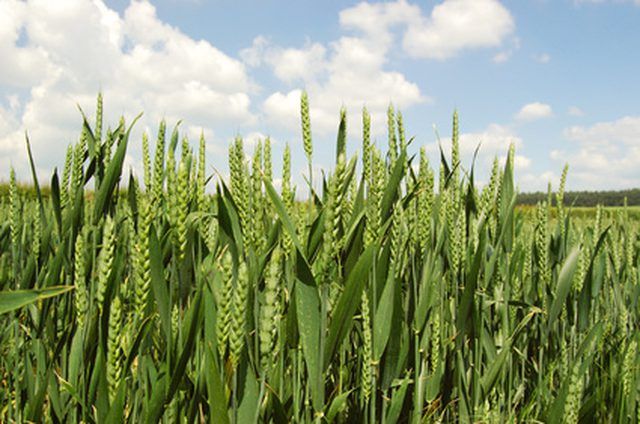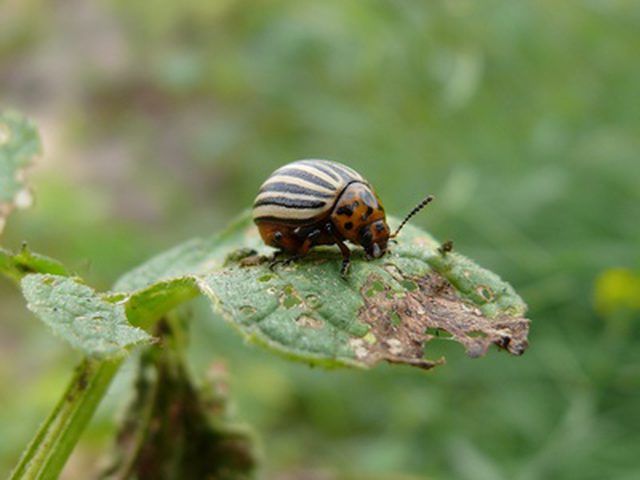Bulbs
Flower Basics
Flower Beds & Specialty Gardens
Flower Garden
Garden Furniture
Garden Gnomes
Garden Seeds
Garden Sheds
Garden Statues
Garden Tools & Supplies
Gardening Basics
Green & Organic
Groundcovers & Vines
Growing Annuals
Growing Basil
Growing Beans
Growing Berries
Growing Blueberries
Growing Cactus
Growing Corn
Growing Cotton
Growing Edibles
Growing Flowers
Growing Garlic
Growing Grapes
Growing Grass
Growing Herbs
Growing Jasmine
Growing Mint
Growing Mushrooms
Orchids
Growing Peanuts
Growing Perennials
Growing Plants
Growing Rosemary
Growing Roses
Growing Strawberries
Growing Sunflowers
Growing Thyme
Growing Tomatoes
Growing Tulips
Growing Vegetables
Herb Basics
Herb Garden
Indoor Growing
Landscaping Basics
Landscaping Patios
Landscaping Plants
Landscaping Shrubs
Landscaping Trees
Landscaping Walks & Pathways
Lawn Basics
Lawn Maintenance
Lawn Mowers
Lawn Ornaments
Lawn Planting
Lawn Tools
Outdoor Growing
Overall Landscape Planning
Pests, Weeds & Problems
Plant Basics
Rock Garden
Rose Garden
Shrubs
Soil
Specialty Gardens
Trees
Vegetable Garden
Yard Maintenance
Why Do Farmers Use Pesticides on Their Crops?
Why Do Farmers Use Pesticides on Their Crops?. Pesticides are chemicals that kill pests. Farmers often use pesticides on crops to kill unwanted pests, including insects and rodents, to prevent them from destroying crops. Farmers choose chemical pesticides to protect their crops because it is economical. The benefits from using pesticides, in terms...

Pesticides are chemicals that kill pests. Farmers often use pesticides on crops to kill unwanted pests, including insects and rodents, to prevent them from destroying crops. Farmers choose chemical pesticides to protect their crops because it is economical. The benefits from using pesticides, in terms of crop yield, outweigh the costs of using pesticides.
History
Every year farmers worldwide lose billions of dollars worth of food to pests. A chemist in Switzerland developed the first synthetic chemical pesticide in 1939. It was DDT. It proved effective against the Colorado potato beetle, an insect that was destroying crops across the United States and Europe. While many farmers use synthetic chemical pesticides, organic farmers sometimes use naturally occurring chemical pesticides on crops to control pests.

Considerations
Farmers used DDT against a broad range of insects until the U.S. Environmental Protection Agency banned it in 1972 because it also damaged the eggshells of the American bald eagle, thereby inhibiting reproduction. But DDT opened the door to developing the large number of synthetic chemical pesticides available now. However, concern over the health side effects of synthetic chemical pesticides continues to grow. In 1996, the U.S. Congress passed a law to protect food safety by establishing a single health-based safety standard for pesticide residues in food. This will result in the eventual phase-out of some pesticides with the greatest potential for harm.
Protect Crops
Insects make up three-fourths of all the animal species on earth. Insects such as beetles and worms can easily infest and destroy crops. Rodents also cause damage to crops both while they are growing and in storage. But using pesticides allows farmers to kill the pests without destroying their crops. Using pesticides can help a farmer profitably produce a crop in an area where he otherwise could not or to extend a growing season.
Protect Human Health
Pesticide use can help to extend the shelf life of a food or maintain product quality. In some cases, pesticides can protect human health. That is the case with organisms on plants that can cause toxins in the plants. Among those potential toxins is ergot, a fungus that infects some grains and produces a toxin. When eaten in sufficient quantities the toxins cause ergot poisoning. Some experts think that it was an outbreak of ergot poisoning that caused symptoms that led to the Salem Witch Trials in Massachusetts in 1692. The Phytophora infestans fungus caused the 1845-1851 potato famine in Ireland that resulted in the deaths of many people from starvation.
Fast and Effective
Farmers use pesticides because they act fast, quickly knocking out pests before the pests can destroy much of the crop. In addition, many pesticides are broad spectrum so they protect crops against more than one pest, which saves time and money. Using pesticides is also less labor intensive than the biological controls used by organic farmers such as crop rotation, companion planting, hedge rows between fields and not planting large amounts of unbroken acreage in any one crop or plant species.